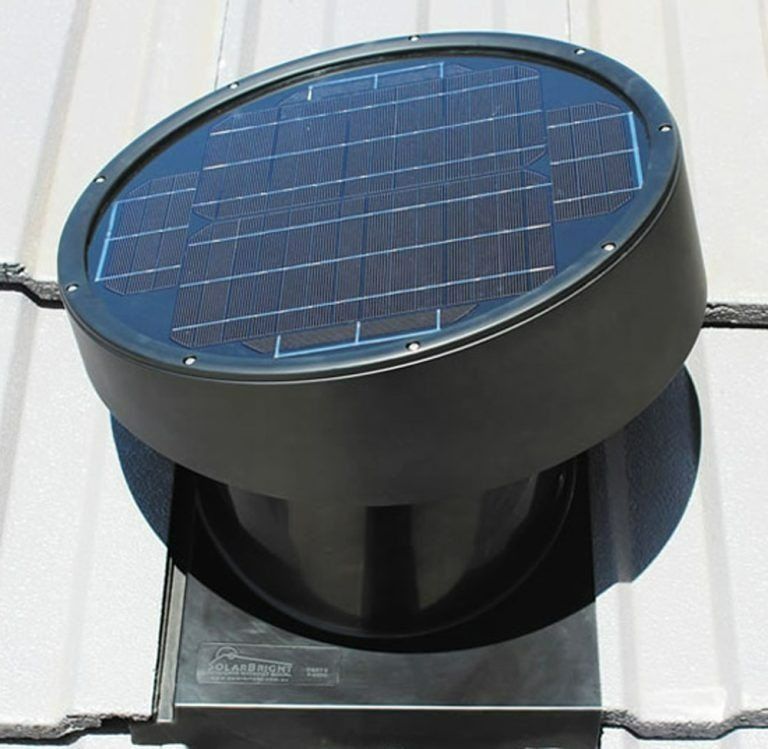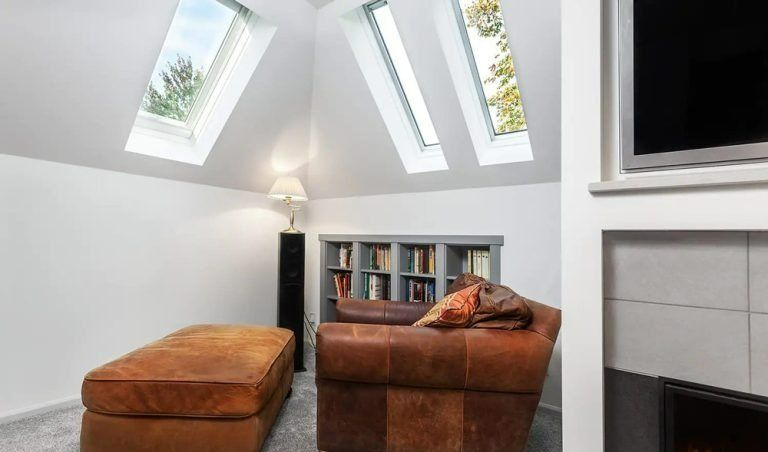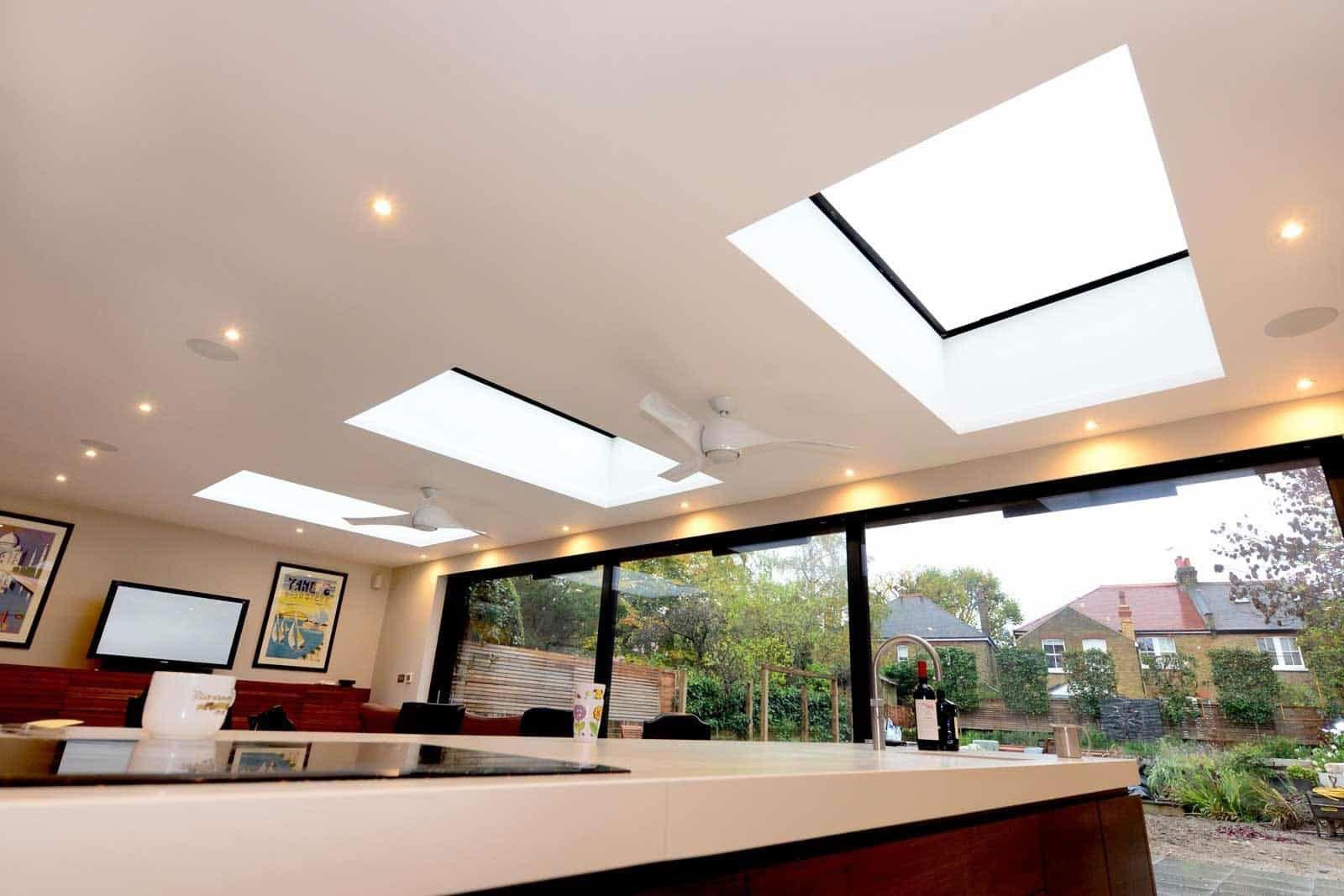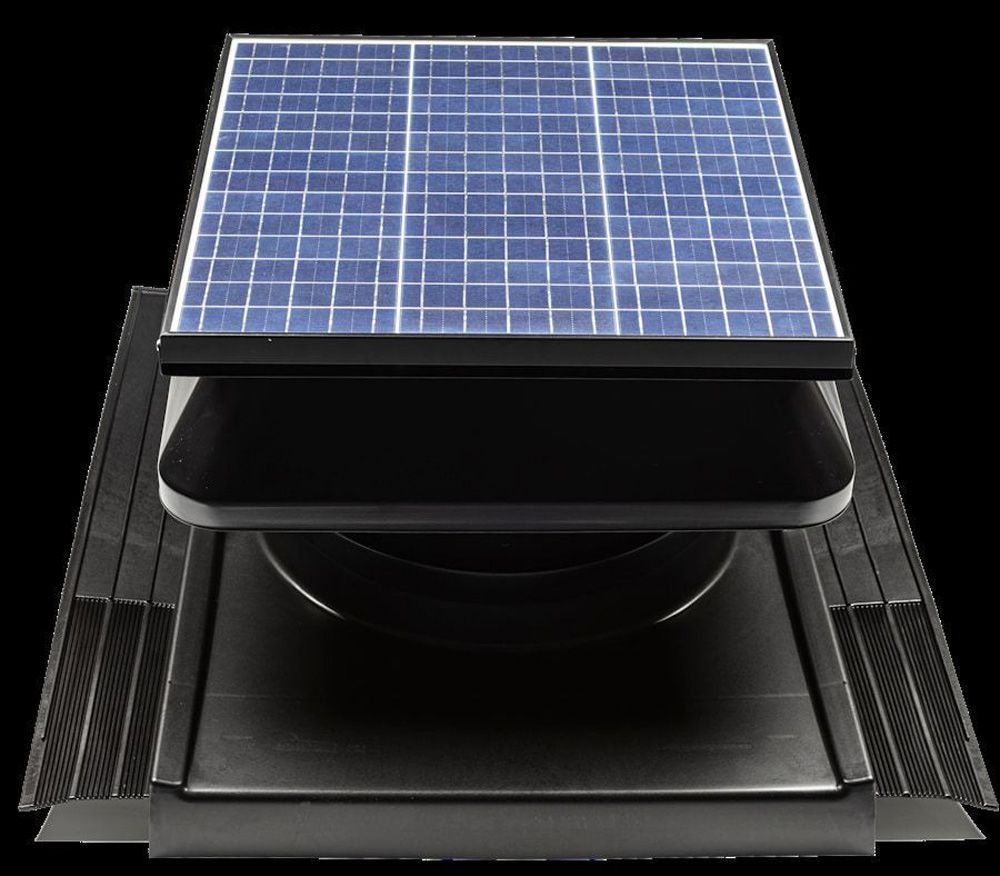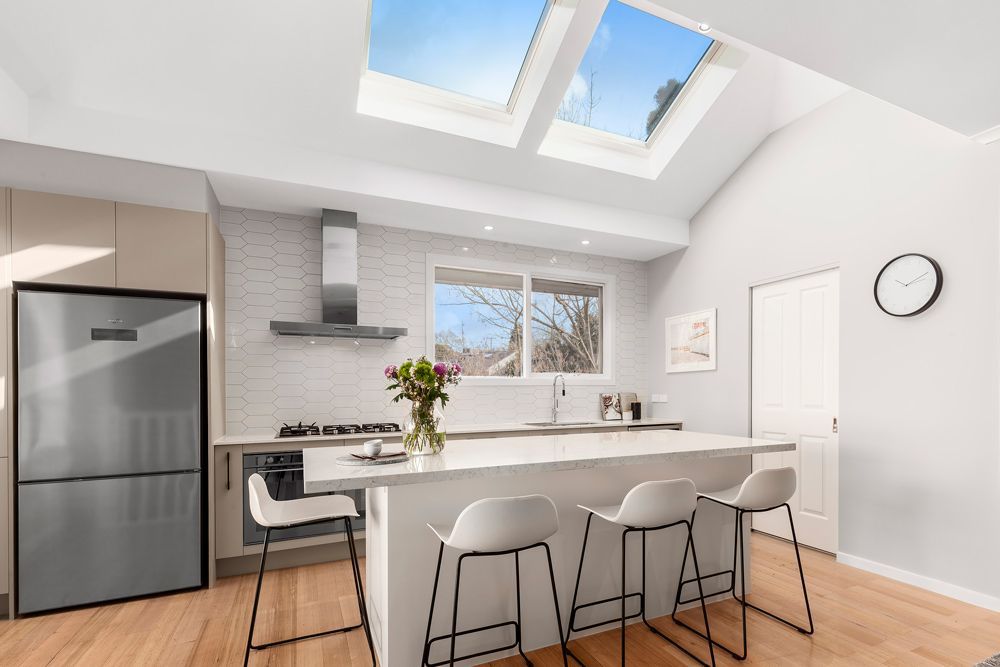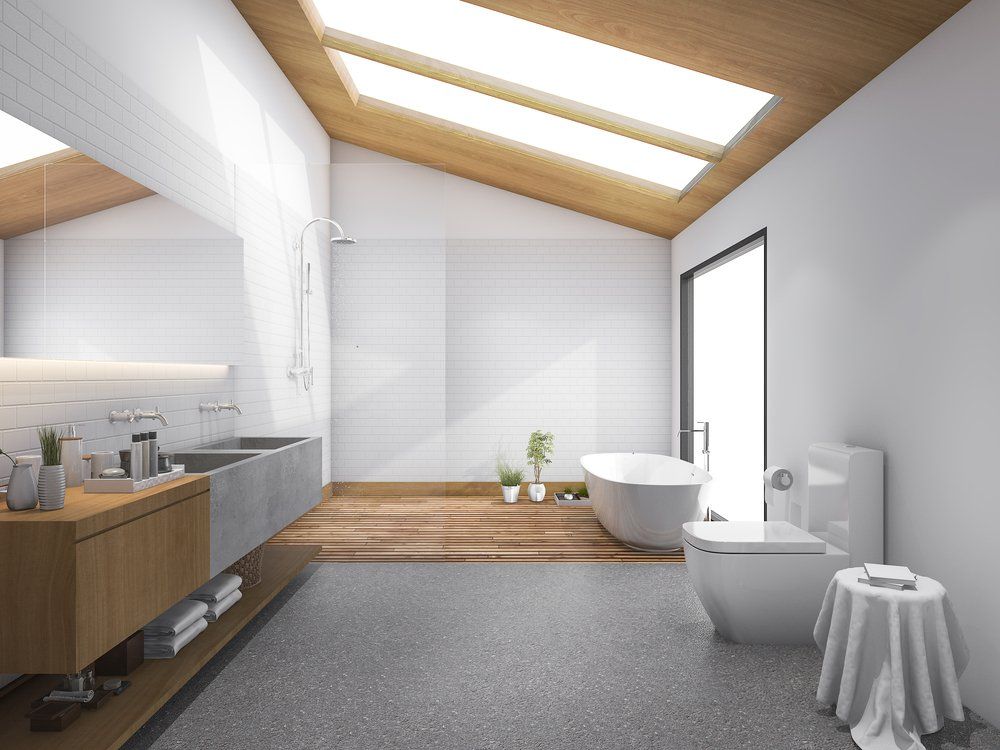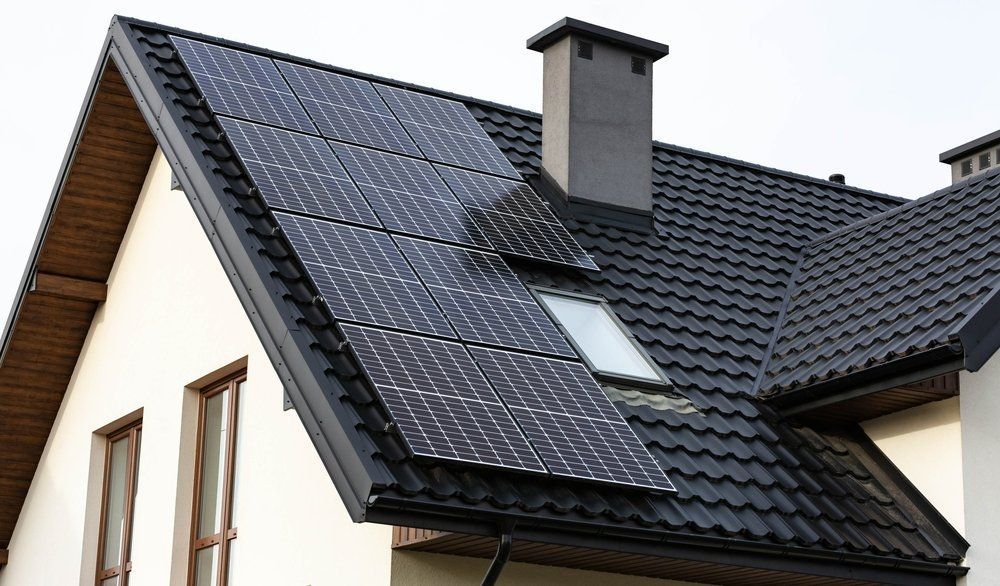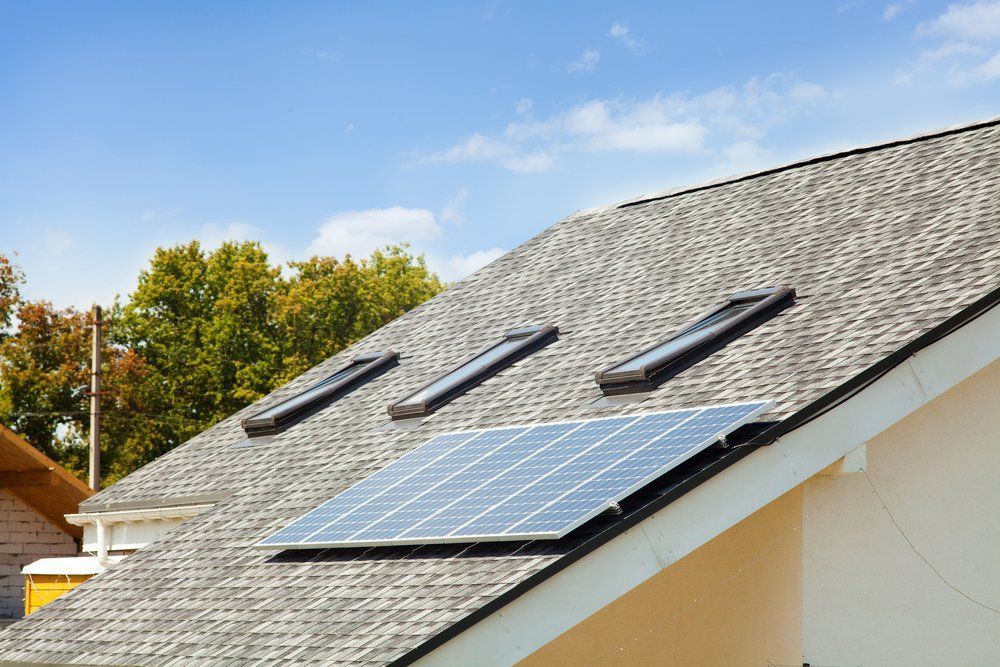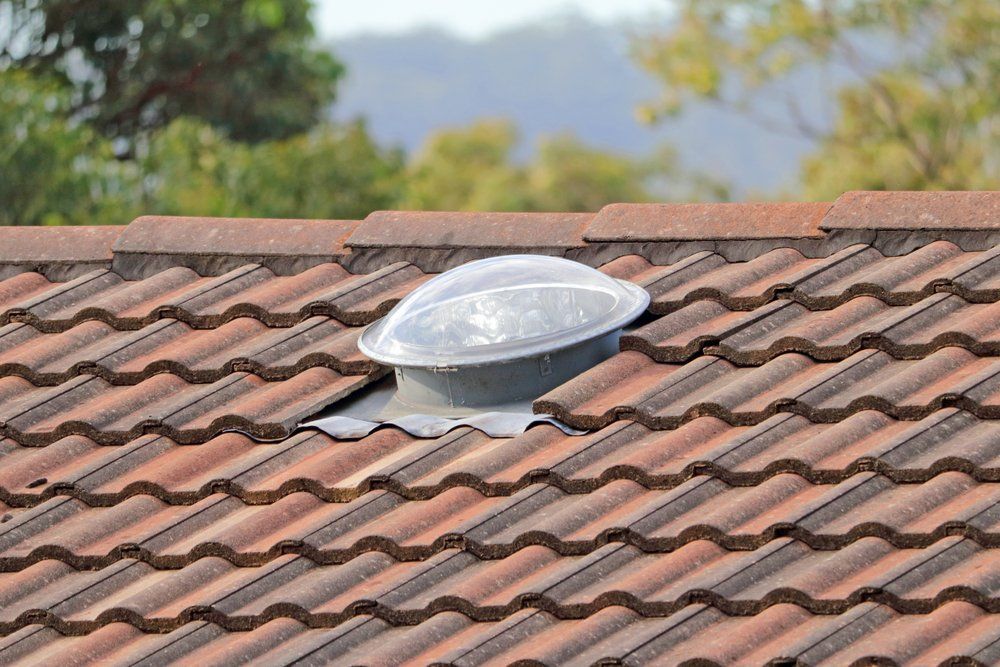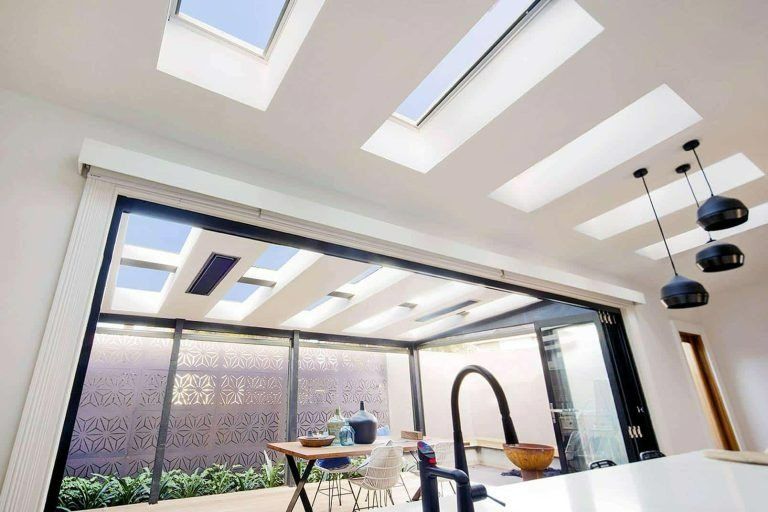How Roof Ventilation Protects Your Home from Moisture Damage
Imagine stepping into your home on a muggy day and noticing a faint musty odour or spotting dark patches creeping across the ceiling. These subtle signs are often ignored until a professional discovers water damage, mould or warped insulation hidden in your roof cavity. Moisture damage doesn’t happen overnight. It builds slowly in areas we rarely check, and one of the leading causes is poor roof ventilation.
For homeowners in humid coastal regions, effective roof ventilation isn’t just a comfort upgrade; it’s a safeguard against structural decline, rising energy bills and even health risks. In this guide, we’ll explore the dangers of inadequate ventilation, the systems that prevent moisture build-up, and how investing in the right solution can protect the value and longevity of your home.
How Humidity & Trapped Heat Create Condensation in Roof Spaces
In coastal climates, humidity levels remain consistently high throughout the year. When warm, moist air rises from inside your home and meets the cooler surfaces within your roof cavity, it condenses into water droplets. This condensation collects on timber beams, insulation, and under the roof sheeting, causing long-term damage.
Key contributors include:
- Poor airflow due to sealed or under-ventilated roof designs.
- High humidity levels in bathrooms, kitchens and laundries.
- Lack of passive or mechanical ventilation to expel damp air.
Without an escape route, moisture builds up, creating the perfect breeding ground for deterioration.
The Stealthy Threats: Mould, Timber Rot & Health Risks
Condensation might not seem threatening at first glance, but the effects of prolonged exposure to moisture are both dangerous and expensive. Once dampness settles in, it isn’t easy to reverse without significant repairs.
Moisture-related issues often lead to:
- Mould and mildew growth that compromises air quality.
- Timber decay affecting trusses, battens and other support structures.
- Respiratory irritants that may trigger asthma or allergies.
Left untreated, these problems escalate—not just compromising your property’s structure and impacting your family's health.
Why Poor Ventilation Exacerbates Insulation Problems in Coastal Homes
Insulation is designed to trap heat in winter and block it in summer, but when it becomes saturated with moisture, its performance drops sharply. Wet insulation loses its thermal resistance, forcing heating and cooling systems to work harder, increasing energy use and reducing indoor comfort.
Poor ventilation leads to:
- Waterlogged insulation that compresses and clumps.
- Reduced R-values, which undermines thermal regulation.
- Higher humidity inside the home as damp air cycles back downward.
Improving ventilation reduces condensation and keeps insulation dry, ensuring it performs as intended across seasons.
Recognising the Warning Signs of Inadequate Roof Ventilation
Because roof spaces are hidden from daily view, ventilation issues often develop silently—only becoming obvious once damage has already taken hold. Moisture, heat and poor airflow can quietly wreak havoc inside your roof cavity, slowly deteriorating insulation, timber and air quality. That’s why identifying early warning signs is crucial to preventing long-term complications.
Keep an eye out for these indicators:
- Musty odours emanating from ceiling spaces.
- Damp patches or discolouration on ceilings or upper walls.
- Increased indoor temperatures despite cooling systems.
- A noticeable rise in energy consumption during humid months.
Catching these signals early allows homeowners to take action before costs spiral.
Roof Ventilation Types: Wind‑Powered, Solar‑Powered & Mains‑Powered Options
Modern roof ventilation systems are designed to address airflow and moisture in different ways. Each system suits varying home designs, energy preferences and local climate demands.
Wind-Powered Ventilators
- Use natural wind force to spin and draw out warm, moist air.
- Operate without electricity, making them cost-efficient in the long term.
- Ideal for homes in consistently breezy locations.
Solar-Powered Ventilators
- Run using solar panels, ensuring efficient operation in daylight.
- Automatically activate when roof temperatures rise.
- A great choice for eco-conscious homeowners with high sun exposure.
Mains-Powered Ventilators
- Offer consistent ventilation regardless of weather conditions.
- Suitable for larger homes or properties with complex rooflines.
- Often come with thermostats for regulated performance.
Choosing the right system depends on your roof layout, local weather patterns and desired level of control.
How Proper Ventilation Halts Moisture & Fosters Airflow
An effective roof ventilation system creates a consistent cycle of air movement that prevents damp air from becoming trapped. It encourages dry, fresh air to flow in through eaves or ridge vents while expelling warm, moisture-laden air out through ventilators.
This process:
- Reduces condensation by balancing indoor and outdoor air conditions.
- Removes excess humidity from key moisture zones like kitchens and bathrooms.
- Prevents air stagnation in insulated roof spaces.
By allowing the roof to 'breathe', you create a healthier environment inside the home and safeguard its structural components above.
When Neglecting Roof Ventilation Becomes Costly: A Homeowner’s Case Study
Consider a typical Gold Coast homeowner who recently renovated their property without addressing roof ventilation. After just two years, they noticed persistent indoor dampness and mould reappearing despite repeated cleaning. An inspection revealed severe timber rot, crumbling insulation and widespread ceiling damage due to trapped condensation.
Repairs included:
- Full removal and replacement of the insulation.
- Repainting of internal ceilings and mould remediation.
- Structural reinforcement of moisture-affected timber.
Had a simple ventilation upgrade been installed during renovation, the entire issue could have been avoided.
Protecting Your Home’s Value: Long-Term Benefits of Roof Ventilation Investment
Proper roof ventilation isn’t a luxury; it’s a forward-thinking measure that protects your property from the inside out. It plays a critical role in long-term energy efficiency, indoor comfort and structural health.
Key benefits include:
- A drier, cooler roof space that extends the life of insulation and timber.
- Reduced risk of condensation, ceiling stains and mould outbreaks.
- Improved indoor air quality and lower humidity levels.
By investing in ventilation now, homeowners can prevent thousands in future repair costs while enjoying a healthier, more efficient living space.
Talk to the Experts in Roof Ventilation on the Gold Coast
At Gold Coast Skylights, we help homeowners protect their properties from hidden moisture damage with tailored solutions. Whether you're dealing with damp roof spaces, condensation concerns or just want to improve airflow, we’re here to help. Get in touch via our contact page to book an inspection or consultation today.
